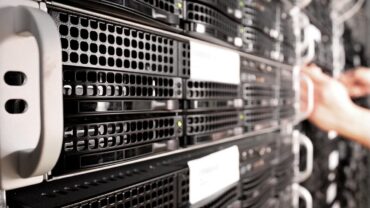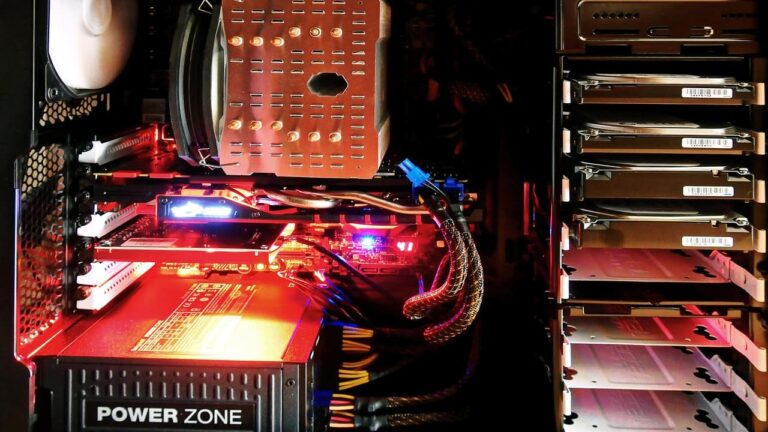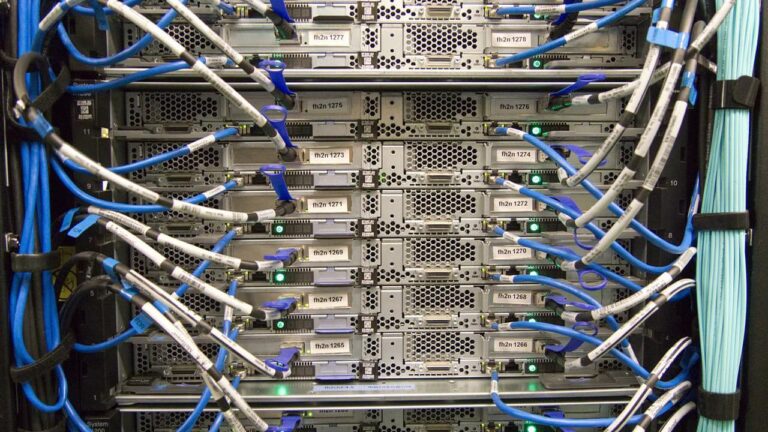Many system administrators complain about low income, monotonous work, and lack of prospects. These are not novices, but experienced professionals – so it’s not just about knowledge and skills. What, in addition to technical skills, need sysadmin for excellence, consider in this article.
Soft skills
Technical skills are abilities that confirm qualifications, provide opportunities for career advancement. However, more and more recruiters pay attention to the so-called “soft” skills. These include: communication skills, teamwork, understanding and compliance with norms of professional ethics, strong personal qualities, creative thinking.
According to Beyond research, employers value soft skills more than technical skills. The percentage ratio is 56/44 in favor of the former. Only 40 percent of companies contact applicants whose resumes include only hard skills – “hard” skills that can be clearly demonstrated.
However, let’s return to the IT sphere. There is an opinion that a systems administrator is a reserved person who does not like to communicate with people. Of course this is not true, but this postulate did not appear by accident. The lack of basic civility and rudeness to customers, an unwillingness to communicate with the team – all this has a negative impact on the career of a systems administrator. Reinforce the facts with an example. A sysadmin was given the task of setting up a server, completed it in time, but did not tell the appropriate official. The result is a hiccup in the operation of the company’s information system and a minus in karma for the guilty employee.
Responsibility for the decisions made
The system administrator is an IT specialist, who maintains the work of the software and computer hardware and is responsible for the information security of the company.
He should not just solve a problem, but think long term. The fewer tasks are performed “here and now”, the better. The information system and network must work without failures, the equipment – not to break down as long as possible.
To realize this, a sysadmin must constantly monitor the state of networks, hardware, software, eliminate multiple bugs, attacks, threats, as well as study new IT trends and develop ways to implement them.
If unpleasant situations happen due to the fault of the system administrator, he should honestly admit it, rather than “turn the tables” on other employees.
Critical thinking in problem solving
A system administrator is learned in situations where a problem needs to be fixed quickly and efficiently. In such cases, some admins panic and make rash steps. In the end it makes the situation even worse. Others do the opposite – find the root cause of the problem, deal with it and solve it. The first belong to the category of mediocre system administrators, the second to the category of professionals.
The ability to see a problem through comes with experience. It is the sysadmin’s ability to recognize situations he has already encountered, to use old solutions for new tasks, improving them time after time. Experienced sysadmins are flexible: they know when a previously used solution is 100% suitable for the current problem and when it needs to be optimized.
The ability to think critically enables them to analyze a problem and not just get rid of it “until the next time”.
A positive attitude towards work
Imagine the situation. We find ourselves in a small office and we want to ask that frowning fellow over there how he became a system administrator. The answer can be predicted up to 90%: first, the training, then – the working day, full of monotony and routine. All this, of course, bored him, but something to change in life is not possible.
Next we go to a large firm. We are looking for the head of the IT department, so we ask him the same question. A pleasant young man meets us and answers with a smile, that he started like everyone else – with training: he completed an IT course, read many books, attended various industry events, communicated with his colleagues … and continues to do so now.
The moral of this example is: if you go into system administration with selfish motives, nothing will work. In addition to the financial aspect, you should look for positive aspects of work. For example, you can choose one niche of system administration and hone your knowledge specifically in this area. It is important to be in the IT community, to constantly pump yourself up.
The feeling that “I do it for a reason” is the ultimate stimulus that drives you to act, take initiative, and reinvent the wheel. Hence the persistence, determination, responsibility – all the qualities that help a sysadmin out of mediocrity and move into the category of leading professionals.
Instead of a conclusion.
A good sysadmin solves a problem, the best one makes sure it never happens again. A good sysadmin tends to buy cool hardware and new software, while a better one tends to gain more knowledge, skills and abilities. The first customizes the system for himself, the second focuses on people.
In essence, these two are doing the same job, the only difference is in perception, goals and worldview. Bill Gates, Linus Torvalds, Steve Jobs – they all started small, made mistakes, but tried again, giving 100% each time. A job well done was not satisfactory to them. They demanded the best from themselves and others, the best result. And they succeeded.
Let me finish my article with the words of the Danish scientist S. Bjorn. It talks about programmers, but this does not change the meaning. “If one does not go beyond “object-oriented” methods in order to stay within “good programming and design”, one necessarily ends up with something that is basically meaningless”.







